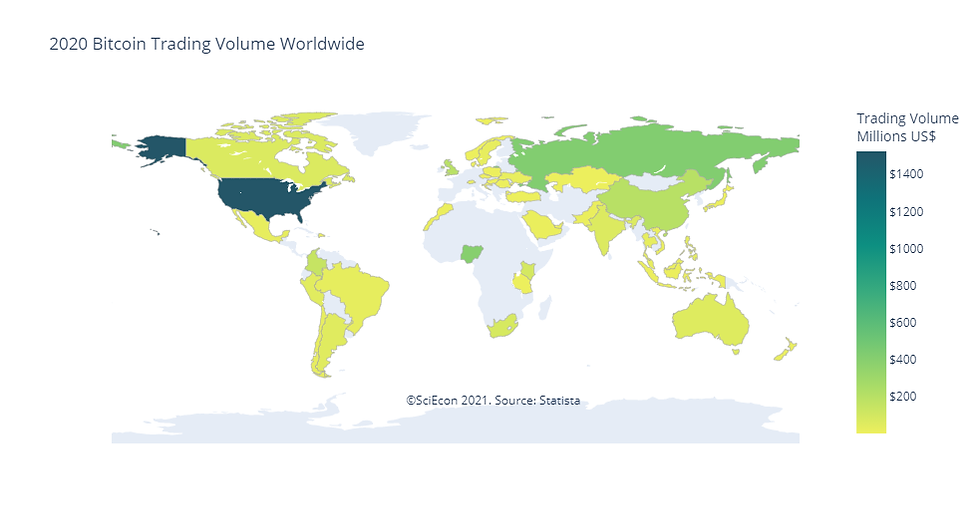
Research
Projects //
Cryptocurrency Exchanges: A Guide to Smart Transactions
by Carlos Gustavo Salas
Jul 27, 2021

An exchange is a place where buyers and sellers can match and set their orders, while these can be physical marketplaces, nowadays, most people exchange on digital platforms that facilitate this process (Kenton 2020; Kennon 2021). Particularly for cryptocurrencies, an exchange can be either centralized or decentralized and allow its users to buy and sell fiat currencies[1] or altcoins[2]. In a centralized exchange, a third party facilitates the transactions and offers security to its users’ funds (Cryptopedia). On the other hand, a decentralized exchange operates without a central authority, this is achieved by making use of peer-to-peer (P2P) trading (Wikipedia). In this article, we introduce the top 10 centralized and decentralized exchanges. Furthermore, we provide a decision tree that help users navigate to the best matched exchange based on five criteria: security, legality, anonymity, payment methods and supported tokens. We also provide examples that identify the limitations of this golden rule.
Please check more on our SciEcon_Research Medium site [Cryptocurrency Exchanges: A Guide to Smart Transactions].